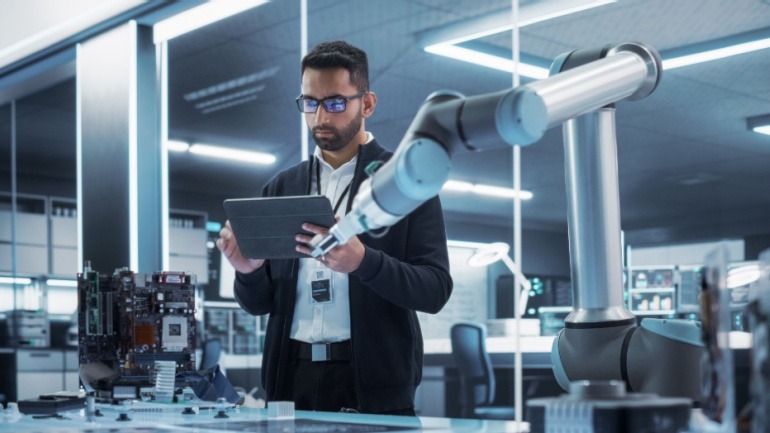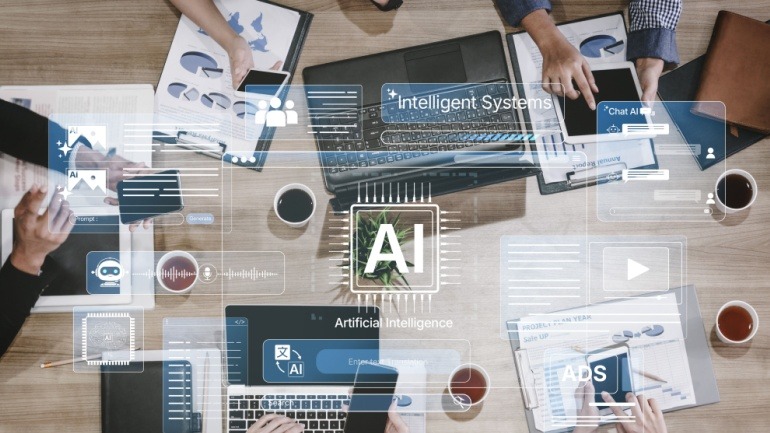Siemens is introducing a groundbreaking generative AI (gen AI) tool for the industrial sector. This ‘Industrial Copilot’ helps automation engineers by generating code and now comes in an on-premises version. This move for enhanced security and performance marks a significant step in industrial automation, enhancing productivity and addressing skilled labor shortages.
The tool has been embraced by ThyssenKrupp Automation Engineering, part of ThyssenKrupp, a global engineering and steel production leader. The Industrial Copilot assists engineers in creating structured control language (SCL) code for programmable logic controllers (PLCs), integrating this into TIA Portal projects, and ultimately boosting battery quality inspections in electric cars.
A compelling advantage of this technology lies in its application. By leveraging Microsoft‘s Azure and OpenAI Service, Siemens aims for 75% of developers to use gen AI code assistants by 2028, according to Gartner. This offers substantial potential for increased efficiency amidst competitive pressures.
The benefits are evident at Siemens’ electronics factory in Erlangen, Germany, where the Industrial Copilot for Operations is in use. This offers the ability to understand error codes through natural language processing, significantly reducing machine downtime. By referring to historic data, it suggests solutions efficiently, resolving production bottlenecks.
A noteworthy feature is the on-prem version’s focus on data sovereignty and security. This configuration operates independently of an internet connection, storing data locally on-premises with Nvidia’s technology, enabling real-time data queries and rapid decision-making. It promises robust safeguarding by processing data directly on the shop floor.
Enhancements continue with the implementation of multimodal capabilities. This allows the analysis and interpretation of visual data, which is expected to drive productivity by utilizing agent-based automation. In highly complex projects, agent concepts automate by breaking down tasks into manageable subtasks while gathering information from multiple sources like ECAD files, leading to better understanding and fulfillment of user objectives.
Rainer Brehm, CEO for factory automation at Siemens, remarked: “We are turning generative AI into industrial-grade solutions that can be deployed without specialised AI expertise.” The aim is to elevate customer innovation, productivity, and competitiveness through enhanced industrial automation solutions.







